SAN FRANCISCO—Tomás Aragón, the City of San Francisco’s Health Officer, was named Head of California’s Department of Public Health on Monday, December 7, by Governor Gavin Newsom. Aragón is replacing acting director Sandra Shewry. Public officials and business employees had mixed feelings about San Francisco government COVID policies.
Aragón signed each San Francisco Department of Public Health order, having a say in the restrictions on business activity, and will continue to fulfill his role before moving to his new post. His replacement in January will be decided by the Board of Supervisors.
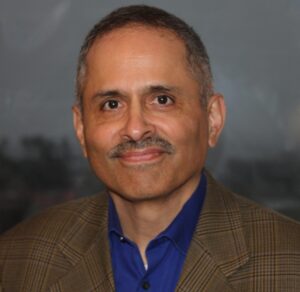
Governor Newsom commended Aragón for his policies during the pandemic. “Tomás has been very active in the fight to eliminate this pandemic, to mitigate not just the spread of this virus, but to mitigate the number of deaths related to this virus and has put out a lot of protocols that have been replicated all across the state,” he said. “We are very enthusiastic to have him now on the team to continue to supplement our effort as we move into this next and challenging phase.”
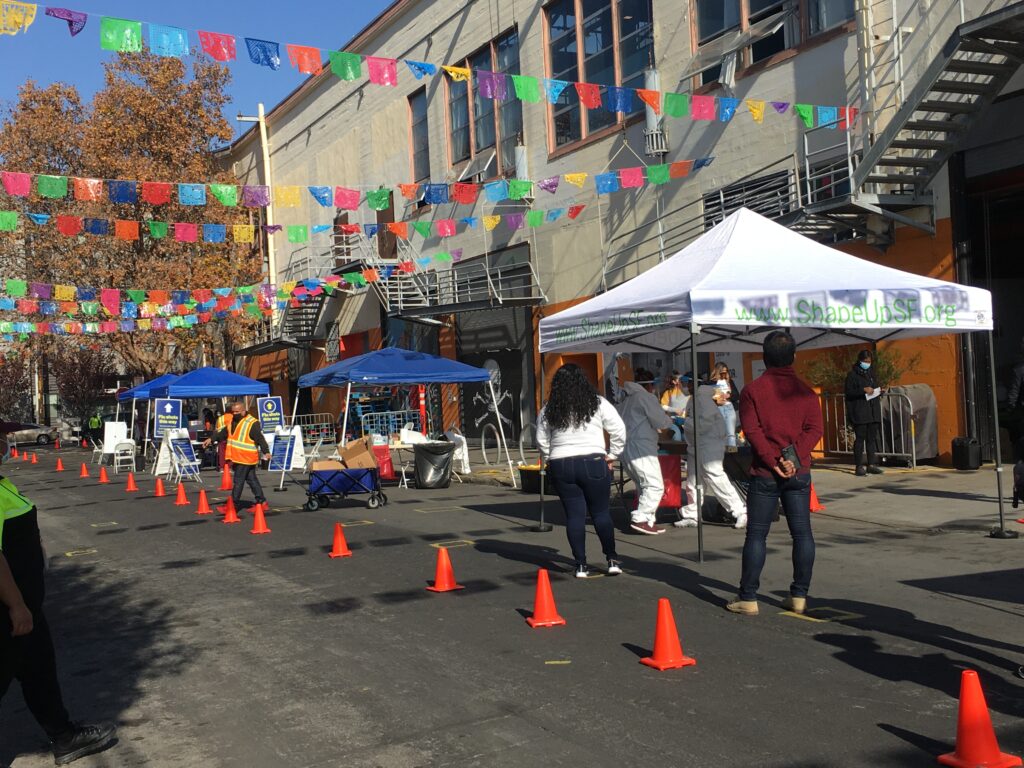
San Francisco Mayor also expressed gratitude for Aragón’s policies, and wished him well in his future endeavors, calling him a “thoughtful leader who has helped shape San Francisco’s response to this pandemic.”
“Thanks to the early and sustained action we have taken under the guidance of our public health officials like Dr. Aragón, San Francisco has the lowest death rate of any major city,” Breed said. “Our state has a long and difficult road ahead and we know Dr. Aragón will continue to serve us all in his new role with the state.”
Aragón served as San Francisco Health Officer since 2011. He was responsible for issuing health directives in response to the COVID-19 Pandemic, including the first shelter-in-place order in March. Failure to comply with health orders is punishable by fine, imprisonment, or both. The SF Eater called him the “man behind SF’s bar and restaurant shutdowns.”
Associating him with the economic fallout in San Francisco, the SF Eater wrote, “So if bars and restaurants across the state want to know what the rest of the pandemic might look for them with Aragón making the decisions, they’d best look at how things have gone down in SF.”
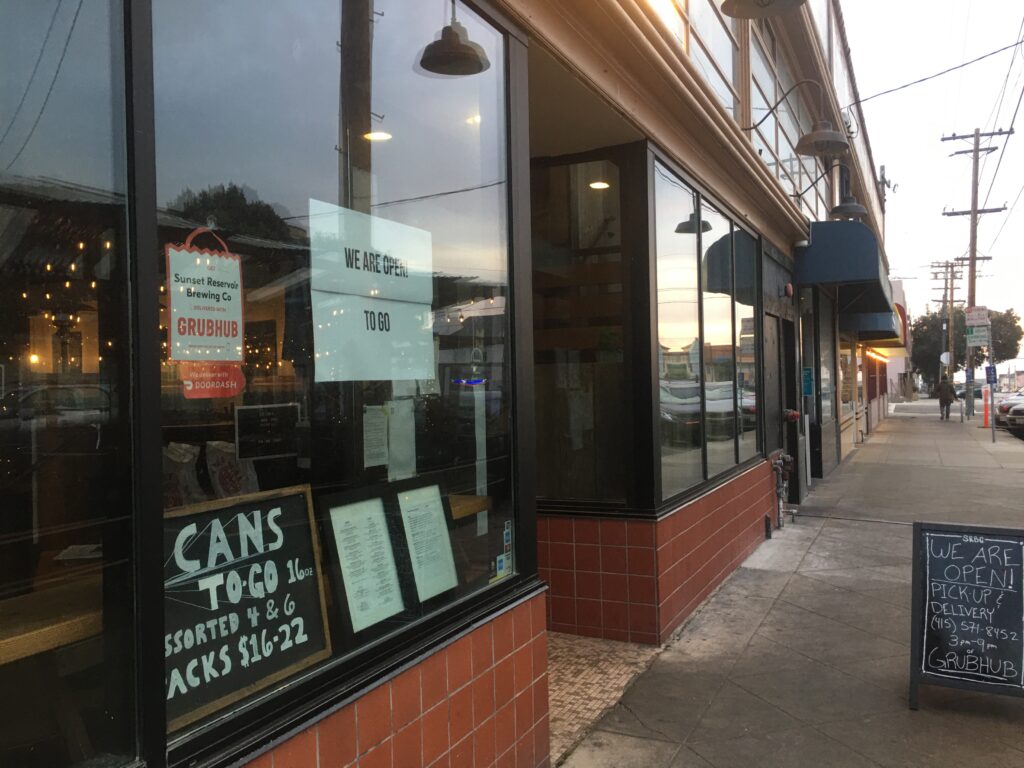
As of December 6, 2020, several activities in San Francisco have been suspended, including both indoor and outdoor dining, indoor movie theaters, museums and aquariums, both indoor and outdoor personal services, indoor lodging, indoor gyms and fitness centers, outdoor playgrounds, and drive-in gatherings. Restaurants can only do takeout and delivery. Some restaurants such as Souvla on 531 Divisadero closed temporarily.
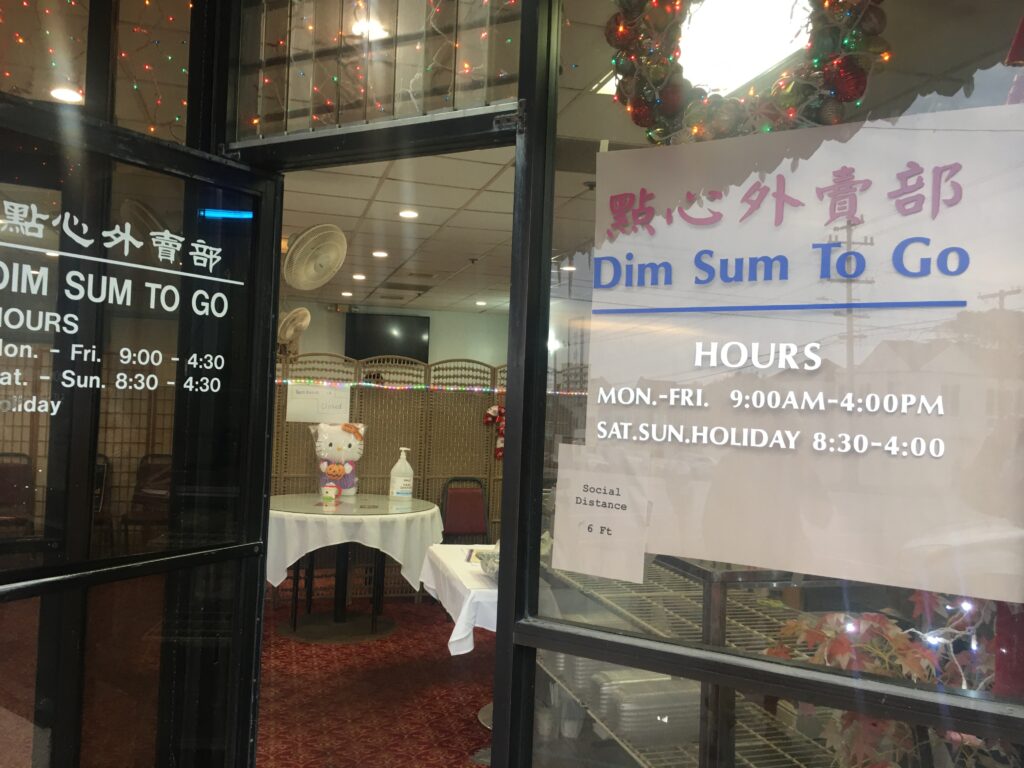
Estavan Cortez, a server at the wood-fired oven pizzeria, Il Casaro Pizzeria, based in the North Beach neighborhood, said during a phone interview on Thursday, December 10, that the new curfew orders that banned both indoor and outdoor business make no sense. “It doesn’t make any sense. We can do a lot of things. For example, we are free to go outside. Parks are full of people. Beaches are full of people. Anywhere you go there are a bunch of people. To force essential businesses to close when they are doing things outside makes no sense.”
Cortez also said that Il Casaro Pizzeria lost 60% to 83% of its business during the COVID pandemic.

(Courtesy of Monica C/Yelp)
San Francisco Business Times reporter Alex Barreira, says representatives of the restaurant, gym, and nightlife industries were frustrated, looking for “consistency” and “clear rationale” for the city’s restrictions on activity.
Disagreement with Aragón’s policies was expressed in a protest at City Hall in which some 100 small business owners and employees participated, representing industries such as hair salons, gyms, and restaurants. One woman held up a sign that read the San Francisco and California governments were destroying small businesses.

(Photo Credit: Todd Johnson/San Francisco Business Times)
KPIX CBS 5 Bay Area interviewed Michael Jigalin, the owner of Jigalin Fitness. “We haven’t had any business, we’ve had about a 80 percent loss.”
“A lot of orders came out of the blue for us, a lot of decisions seemed incredibly arbitrary and difficult to understand,” said Ben Bleiman, president of the city’s Entertainment Commission and owner of Tonic Nightlife Group, as well as leader of the SF Bar Alliance, which represents hundreds of local bars.
Of the hundreds of bar owners Bleiman works with in the SF Bar Alliance, says there was still strong sympathy for the health officials’ policies according to his testimony. He said “over 90% are incredibly sympathetic and understanding of the health officials’ predicament and are willing to make incredible sacrifices for public health.” He added that he believes the department of public health “is overworked and doing their best in triage mode but because there was a such a lack of communication, there was an erosion of trust,” Bleiman said. “I’m sure they’re using reason and rationale. They just weren’t communicating it to us.”
Nopalito, an Mexican restaurant located to the east of Pan Handle Park on 360 Broderick, lost close to half of its pre-pandemic sales according to manager Josh Dewalt. “Our average ticket numbers are well done for the new curfew and shelter-in-place orders as opposed to the outdoor dining only. For a normal month, we had an average of 250 ticket numbers or guests groups on a normal Friday. The deliveries are doing well, but it definitely feels like half of what we had been doing in terms of sales last February or January.”
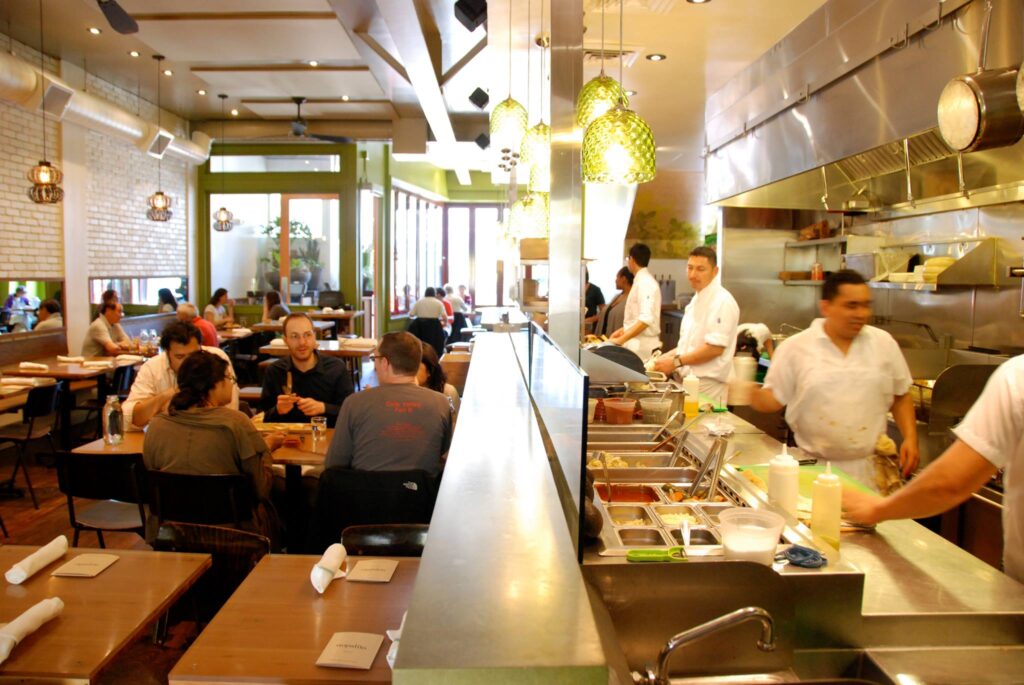
(Courtesy of Nopalito’s Facebook)
Describing cuts in hours considering the decline in business and the less demand for work, he said: “We have been doing a little bit to a fair amount of cutting. It has been a hand full of hours across the board, but not like cutting someone in half. We do have a good amount of full-time workers with people working five days a week. We have gone through schedules and a handful of different people have gone down from 8-hour work days to the 6 or so range? There have been some cuts but it is relative to how bad the situation is with COVID.”
One San Francisco Certified Public Accountant, who only wanted to be identified as Chen, shared about the circumstances of one of her bosses in the public accounting arena, who is a small business owner.
Vincent Tang is the owner of a dancing bar in downtown San Francisco who closed his bar on March 17, two days after the first shelter-in-place orders were announced. Vincent’s bar has not had any business since then, but he expects he will not be able to open it until June 2021 when people get vaccinated, a time he hopes will be safe to reopen and resume business.
Successfully, he negotiated with the landlord of the property and was able to reduce his monthly rent from $12,000 to $2,500 per month. Without any income from his business, he has been living off his savings.
In private correspondence between Chen and Vincent, the dancing bar manager said he understood the strict regulations on his workplace but expressed mild disagreements with policies regarding other businesses such as restaurants. “The dancing bar is not a safe environment to conduct business during COVID,” Chen said. Vincent agrees that some business activities such as indoor dining should be closed, but had the conviction that outdoor dining should be allowed to continue to prevent the further closure of restaurants in the community.
CNN reported on a trend labeled the “COVID Divide,” which is characterized by the divide in effects the pandemic had on the workforce, with many financially devastated and others financially better off.
Regarding the “COVID Divide” in San Francisco, Chen also shared about the whereabouts of a business that has been faring better than before the pandemic for which she has been acting as an accountant. That business is Omnivore Books, a bookstore which has been seeing an increase in business due to cookbook sales. Cookbook sales have been faring well due to the fact that people are staying home during COVID and are turning to cooking as a hobby. “People don’t have much to do so they want to cook,” Chen said. “Her [the manager] business is faring much better than before the pandemic. People want to cook, so on the market, flour is in short supply.”

(Courtesy of Matthew C./Yelp)
The Omnivore Books On Food website said that the business ships “everywhere in the US, and most places around the world!”
Dog in the City, a pet shop Chen also works with, is not faring well, for customers can only purchase items by curbside pickup. Dog in the City’s sales dropped by perhaps 30%-40%, Chen said. In order to survive, the employees applied for PPE loans from the government.
San Francisco, along with the rest of California and the United States, is in the midst of a third surge of the virus. Due to increased case rates, on November 17, 2020, the State was reassigned to the substantial (red) tier, and to the most restrictive (purple) tier on November 28.
As of December 4, San Francisco averaged 142 new COVID-19 cases per day compared to 34 per day it averaged in late October. Hospitalizations have tripled over the past month.
The United States broke a record in terms of daily deaths during the COVID pandemic on Wednesday, December 9, 2020, with more than 3,100 deaths. A government advisory panel convened Thursday on whether to recommend the Pfizer-BioNTech vaccine for approval. In October, the Federal Aviation Administration established a COVID air transport team to ensure the “safe, expeditious, and efficient transport of vaccines.”
After FDA approval on Friday, December 11, the process of transporting 3 million doses of Pfizer-BioNTech vaccine began, with shipment beginning on Sunday morning. The shipment on trucks and planes of the Pfizer-BioNTech vaccine to over 600 sites, including hospitals and pharmacies in all 50 states is considered a major logistics challenge, given the fact that the vaccines have to be kept in special boxes at negative 94 degrees Fahrenheit without being opened any more than two times a day, and other issues including side effects on healthcare workers, serving in overburdened hospitals, who need the vaccine.





